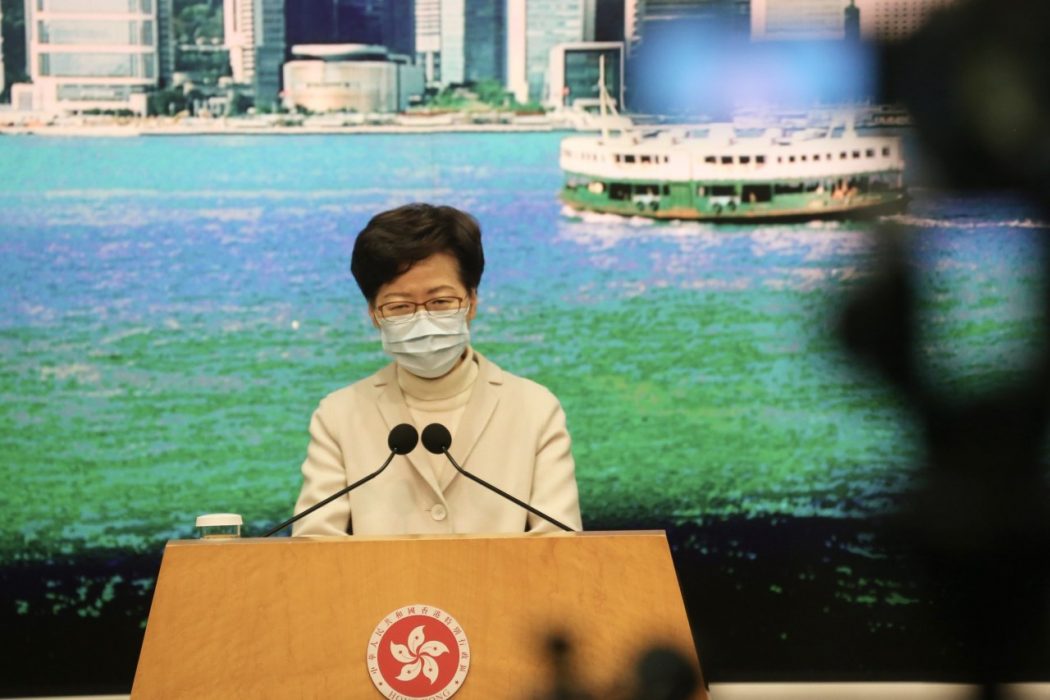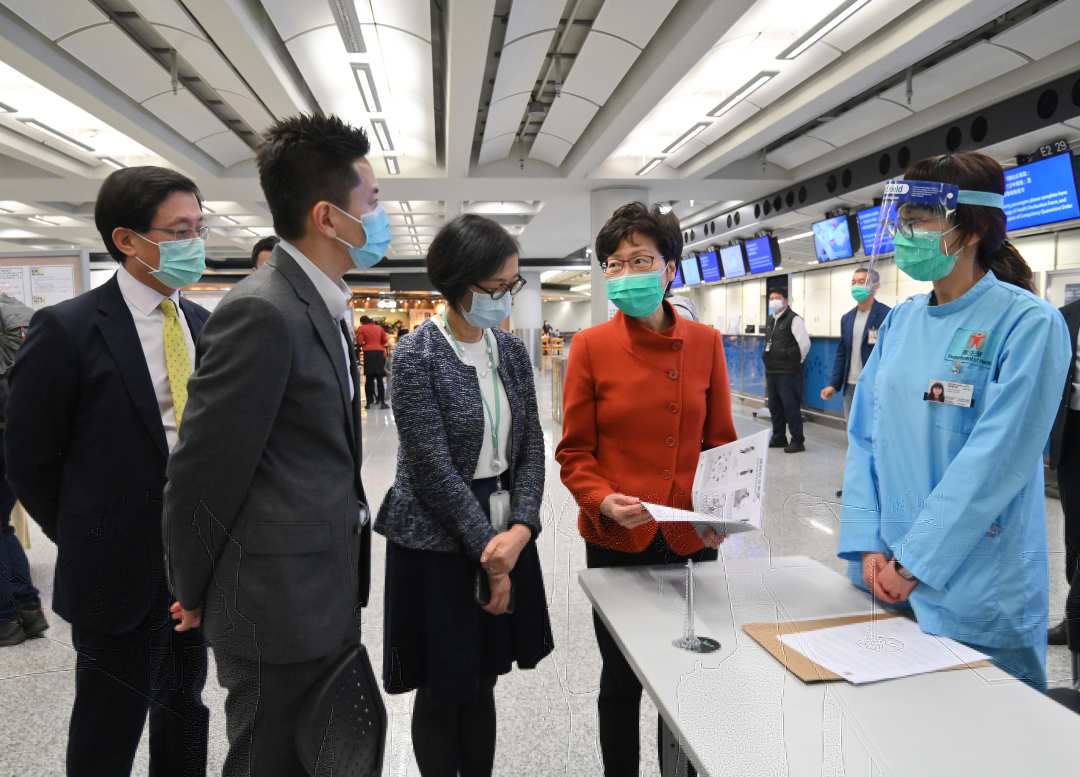The word “leader” refers to a person who leads a group, organisation or country. Implied in the term is the notion that it is the leader who takes charge of a difficult situation and moves towards a goal with innovative solutions. The opposite of a leader is a follower, or someone who takes orders from the leader to achieve that same goal. Events this week cast some light on these two terms and suggest that we are being led by a follower.

While the massive economic relief package announced this week goes some distance towards helping those who have lost their wages, it arrives well after similar deals were announced by governments around the world. Further, although Chief Executive Carrie Lam Cheng Yuet-ngor, along with her 16 ministers, have acceded to a salary cut of ten percent, she took this step only after considerable bipartisan pressure from lawmakers.
A day before the relief package was announced, Lam had actually chosen to accept a pay rise of 2.36 per cent for the 2019/20 financial year, boosting her annual salary to HK$5.21 million and making her one of the highest-paid political leaders in the world.

By comparison, the present annual salary of the President of the United States is the equivalent of only about HK$3 million.
Lam’s original refusal to freeze her salary is yet one more example of the tone deafness we’ve come to expect from her. Early in the week when her salary became an issue of public interest, she had the opportunity to display leadership by immediately announcing that she would freeze her salary. This would have at least created a little goodwill. But by ignoring, or not even recognising, the optics of her original refusal during a time of economic hardship, Lam yet again invited her critics to double down against her. In reversing her decision a day later and taking a ten percent cut, the optics are that it came begrudgingly.
A real leader in the same situation would have read the optics and recognized the power of a voluntary pay cut. Now that is all lost.
Actually, at one point, it looked like Lam had started to understand the power of optics when she donated one month of her salary to the Community Chest. This figure must have been in excess of HK$400,000, quite a generous sum which she should be commended for. But that’s old news now.
For public figures, refusing a routine pay rise during an economic crisis is a no-brainer. In fact, having the scenario presented to her can almost be seen as a serendipitous political gift to be taken advantage of. Prescient leaders normally jump all over these opportunities.

Perhaps we shouldn’t be so hard on Lam. Unlike the previous three wealthy Chief Executives, Lam has famously let on that she does not own a flat of her own, and will have to buy one once she retires. On the other hand, she has enjoyed spacious government quarters for decades paying only a small fraction of her salary for the privilege.
This fact does not at all suggest that she is undeserving of her remuneration. It does suggest, however, that she is very well paid, and has been for a long time. Plus, she will receive a very generous golden handshake and pension when she steps down.
In other words, she’s not hurting, especially compared to the millions here that presently are.
This makes one question why she originally seemed reluctant to accept a salary freeze, let alone a cut, especially at a time when businesses are being forced to close and many members of society are struggling just to pay rent on their tiny flats.
One answer may be that as a career civil servant Lam simply doesn’t understand the importance of optics. Until recently, she had no experience in reading the public’s mood. As a civil servant, her job was to advise on and administer policies. Unlike politicians who need to be acutely aware of their constituents’ collective frame of mind, she did not have to deal with the threat of being thrown out of her job by a electorate if she misjudged its level of satisfaction. And although in Hong Kong’s sham democracy Lam doesn’t have to worry about losing an election, she still has to deal with the opposition. And they had a field day over her rise in pay until she backed down.
The bottom line comes down to leadership. The blown opportunity to get ahead of the narrative by voluntarily announcing a cut in her salary this week reveals Lam’s true nature as a follower.
